Best Opportunity For the Creation of World’s Largest Marine Reserves
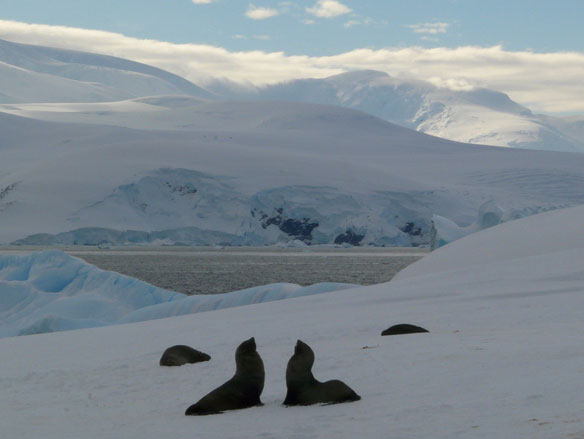
The Ross Sea proposal (being put forward by the USA and New Zealand) and the East Antarctica proposal (developed by Australia and France) are highly significant. If agreed they would constitute two major stepping stones towards achieving a circumpolar network of protected areas.
In The Caribbean, Push to Create No-Take Marine Reserves
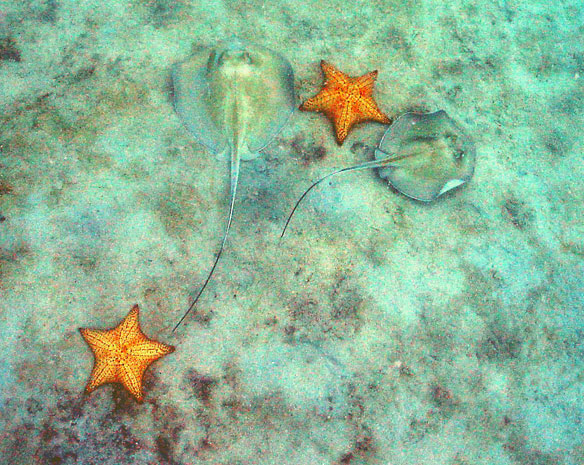
Across the Caribbean, governments and fishing communities are beginning to use such “no-take” zones to help rebuild severely depleted fish stocks and make coastal ecosystems more resilient to a warming planet and acidifying oceans.
In Mekong Delta, Rice Boom Has Steep Environmental Cost

Vietnam has become one of the world’s leading rice producers, thanks to the construction of an elaborate network of dikes and irrigation canals. But these extensive infrastructure projects across the Mekong Delta and along the country’s South China Sea coastline, has disrupted the river delta’s complex ecological systems.
New Approach to Measuring Coral Growth

A new more sensitive weight-based approach for monitoring coral growth in the wild has been developed by U.S. Geological Survey researchers leading to more definitive answers about the status of coral reefs.
Smoke Engulfs Strait of Malacca and Singapore: Cause Becomes More Complex

The fire-haze episode straddling the Strait of Malacca in June 2013 has reignited a decades-long debate about responsibility.
How Should We Respond When Humans and Sharks Collide?
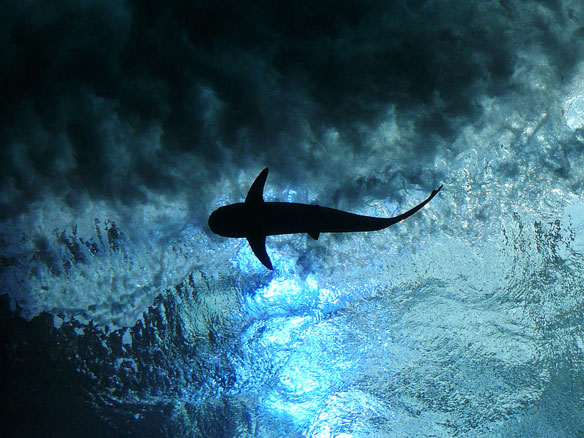
With more and more people using the ocean, the way we talk about shark attacks and the methods governments use to reduce the risk of shark bites have evolved over time. A study of how the public and governments respond to shark bites in North America, Australia, and Africa.
Military Sonar Can Alter Blue Whale Behavior
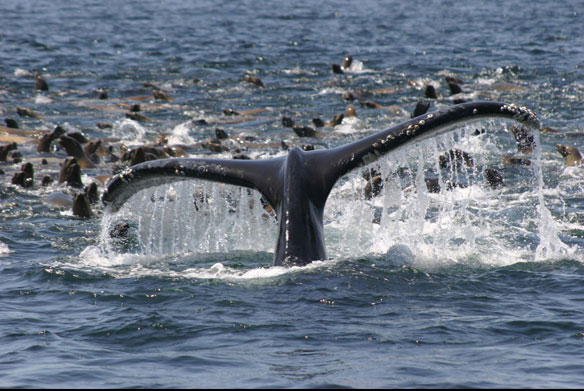
Some blue whales off the coast of California change their behavior when exposed to the sort of underwater sounds used during U.S. military exercises. The whales may alter diving behavior or temporarily avoid important feeding areas, according to new research.
Boat Noise Stops Fish Finding Home

Boat noise disrupts orientation behaviour in larval coral reef fish, according to new research from the Universities of Bristol, Exeter and Liège. Reef fish are normally attracted by reef sound but the study, conducted in French Polynesia, found that fish are more likely to swim away from recordings of reefs when boat noise is added.
The Great Barrier Reef We Stand to Lose; In Pictures
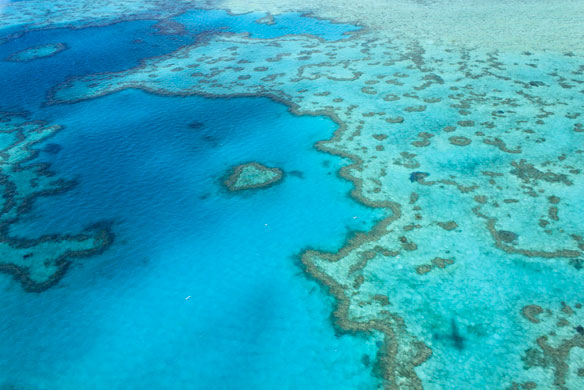
As the UN pressures Australia to better protect the Great Barrier Reef, here are some images of the spectacular wildlife harboured by this vast stretch of coral.
